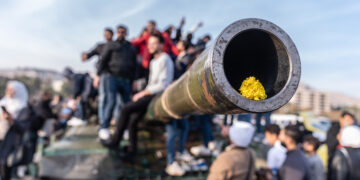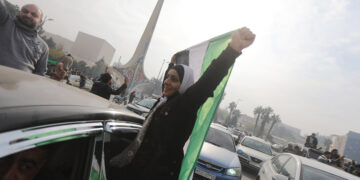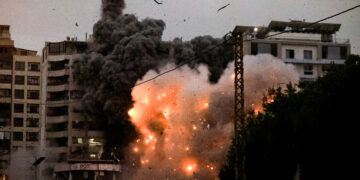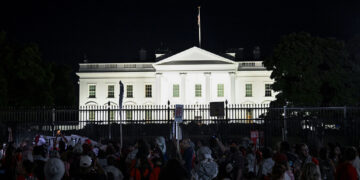Frederick Deknatel is the Executive Editor of Democracy in Exile, the DAWN journal.
The exceedingly sinister levels of repression in Saudi Arabia under Crown Prince Mohammed bin Salman. An inside look at the global hunt to recover Libya's stolen, Gadhafi-era assets. How the United Arab Emirates is suppressing any criticism of its normalization with Israel. A textbook "self-coup" in Tunisia. How Berlin became a city of Arab exile. And the fate of democracy in the United States, with all its global implications.
This is just a small sample of the stories that Democracy in Exile published in 2021, from regional experts, political exiles and other writers and analysts around the world, including contributors writing in Arabic. In essays, op-eds, reporting and interviews, they brought to light anti-democratic practices and human rights violations throughout the Middle East and North Africa, including from some of America's closest allies, and offered new insights about the biggest developments in the region—and some of its more overlooked trends.
Here are the dozen most-read stories in Democracy in Exile over the past year, based on pageviews. Together, they reflect the scope of DAWN's journal and our commitment to covering the region in unique and compelling ways. Thank you for reading Democracy in Exile. We have much more in store in the year to come.
*
1. Jerusalem, Dispossessed
By Selma Dabbagh
"If you protest this legal regime, it may well take your residency, too. The likelihood of imprisonment and arrest for resistance, or even for no reason at all, under the provisions of administrative detention are high. A shopkeeper in the Old City once described the process to me as 'the snake under the sand, killing you with a thousand tiny bites.' It was ethnic cleansing then, as it is today. It is a process underpinned by violence, but bolstered by law."
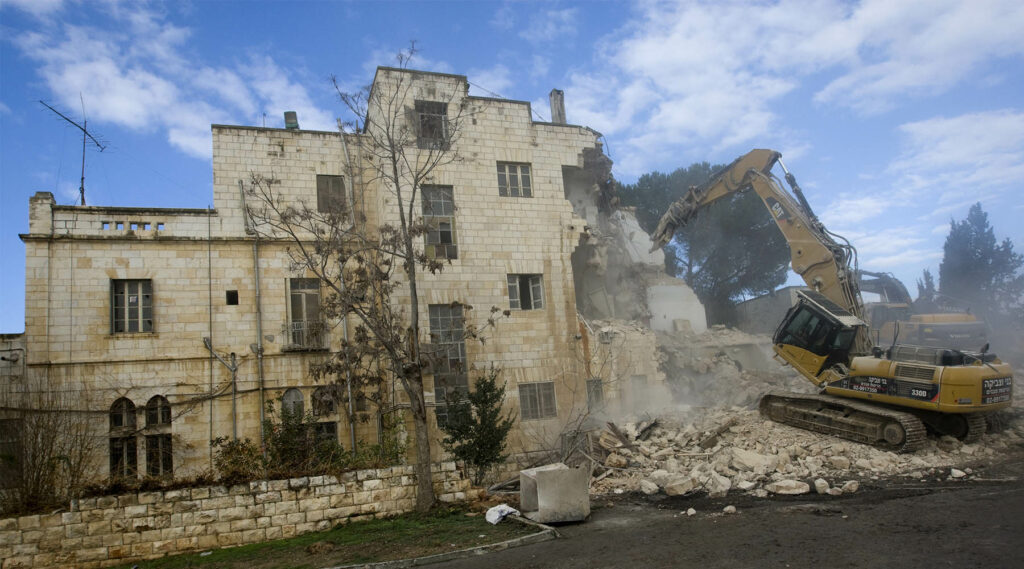
2. Beaten by MBS and Disappeared: The Case of Sulaiman al-Dowaish
By Ramzi Kaiss
"After being detained in Mecca, Dowaish disappeared. According to an eyewitness, he was soon flown to Riyadh, where he was taken, handcuffed and chained, to the office of MBS himself. According to MENA Rights Group's sources, Mohammed bin Salman forced Dowaish onto his knees and began to personally assault him—punching him in the chest and throat, and berating him about his tweets. Dowaish, bleeding excessively from his mouth, lost consciousness."
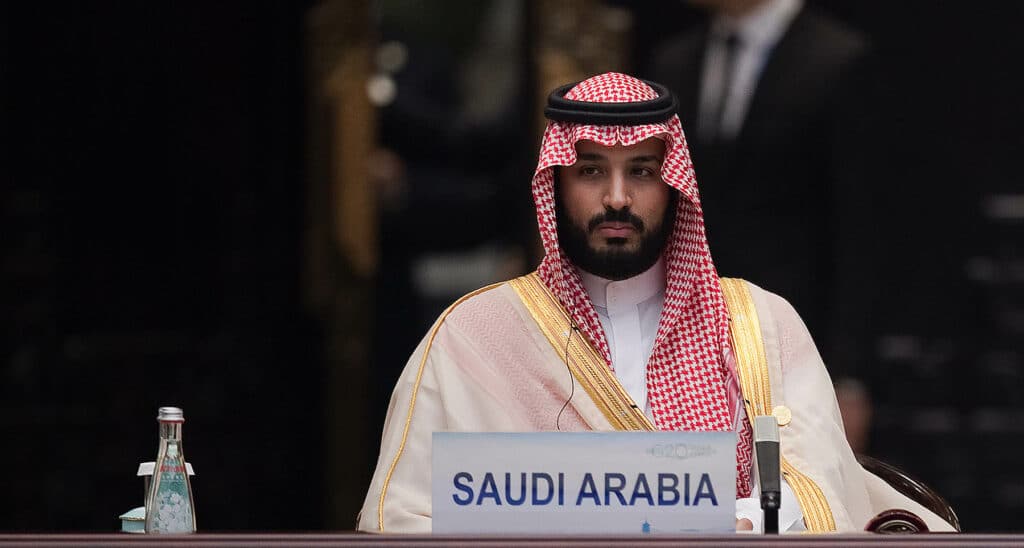
3. 'No Accountability Whatsoever': Rula Jebreal on Afghanistan and the War on Terror
Interview by Omid Memarian
"Authoritarianism didn't stay in the Middle East—it came back to haunt America's democracy itself. If people don't connect the dots, we're going to relive this cycle over and over again. It's time to wake up."
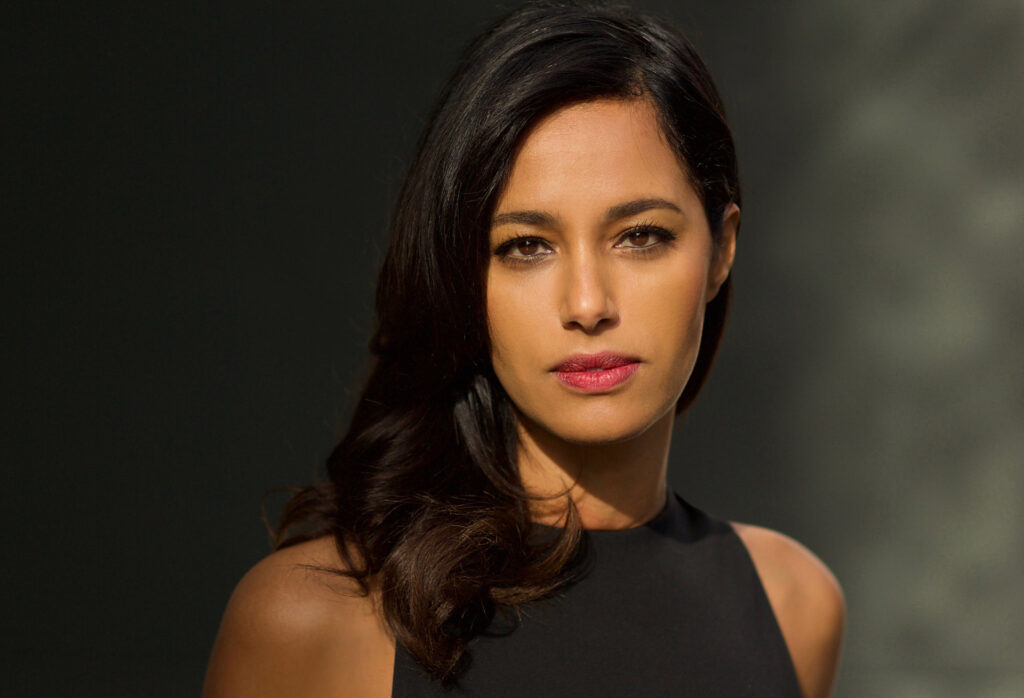
4. Saied's Textbook Self-Coup in Tunisia
By Tarek Megerisi
"Kais Saied's unexpectedly successful self-coup has pushed Tunisia to the edge… Now, the challenge is how to prevent a professor with autocratic tendencies, whose only institutional backing is the military, from stumbling down paths that historically lead to terror and tyranny."
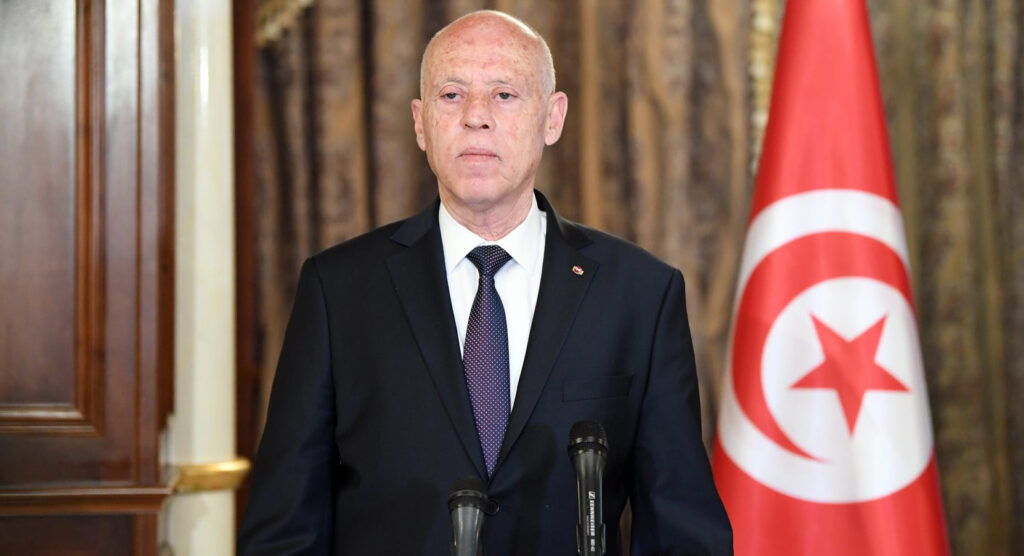
5. Why Is Jordan Sliding Deeper Into Authoritarianism?
By Basil Alrafaih
"Imagine ending up in prison, and spending months in solitary confinement, just for posting a picture on your Facebook page. What if you protested your poor conditions in jail by going on hunger strike for days or even weeks, but your detention just went on, without a trial or any of the basic rights of political detainees?"
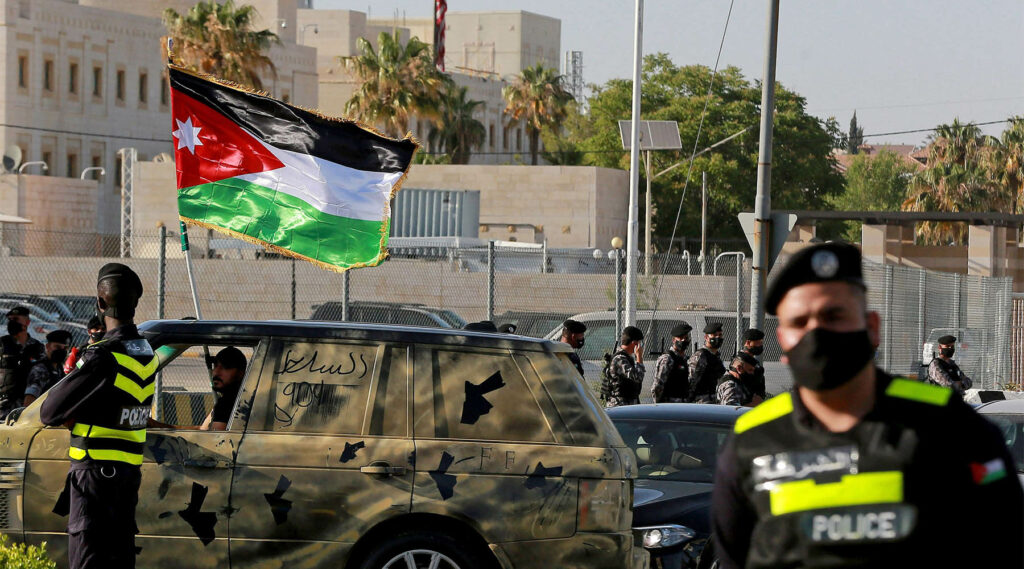
6. 'I Was Under Direct Threat.' The Struggle for LGBTQ Rights In Saudi Arabia
By Wajeeh Lion
"This is not just my story; this is the story about intolerance faced by the entire LGBTQ community in Saudi Arabia, where homosexuality is illegal. Being one of the few, if not only, openly gay men from Saudi Arabia, I have a responsibility to share our stories, and to tell the world about our struggle for human rights."
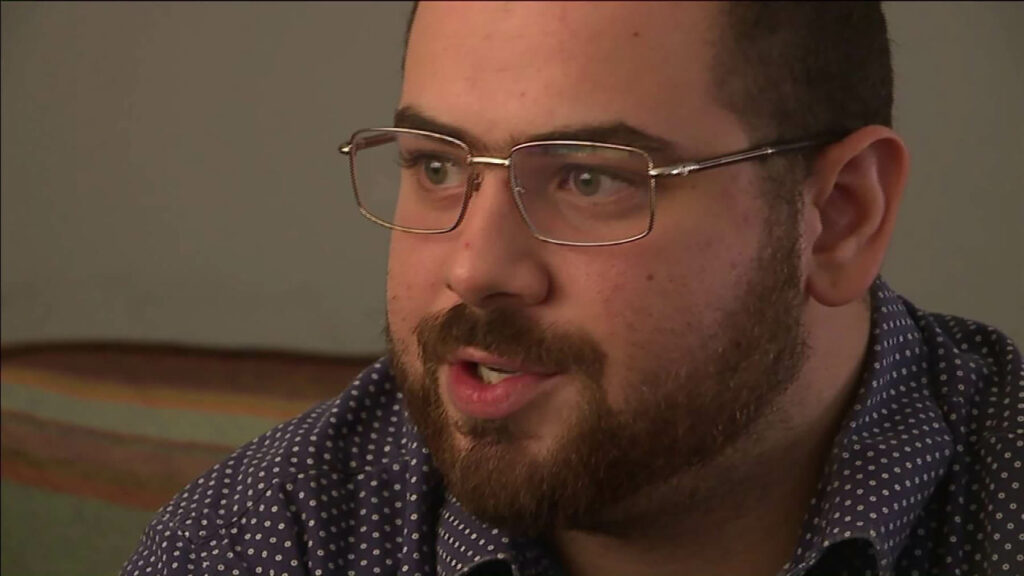
7. Lebanon's Loss, and the Arab World's: The Demise of The Daily Star
By Rami Khouri
"When The Daily Star, Lebanon's leading English-language newspaper, ceased publication and laid off its entire staff, my whole life flashed before my eyes—as did the history of the Arab world since the 1950s that the paper both chronicled and reflected in so many ways."
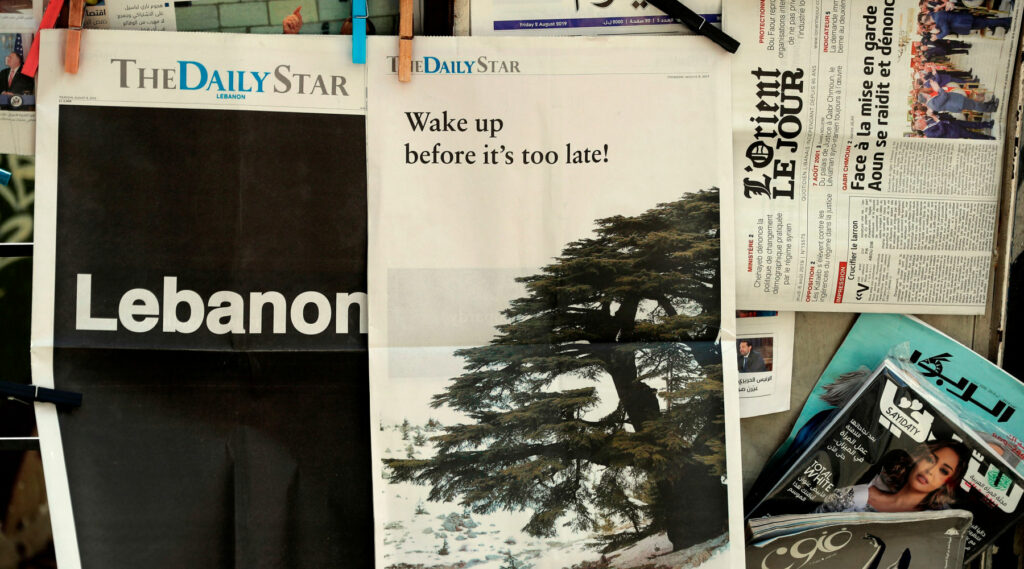
8. How the UAE Is Suppressing Criticism of Its Normalization With Israel
By Hamad al-Shamsi
"While the Emirati government builds a narrative for its normalization with Israel around the slogan of 'tolerance,' it cannot tolerate anyone who criticizes or opposes its policies, even peacefully."
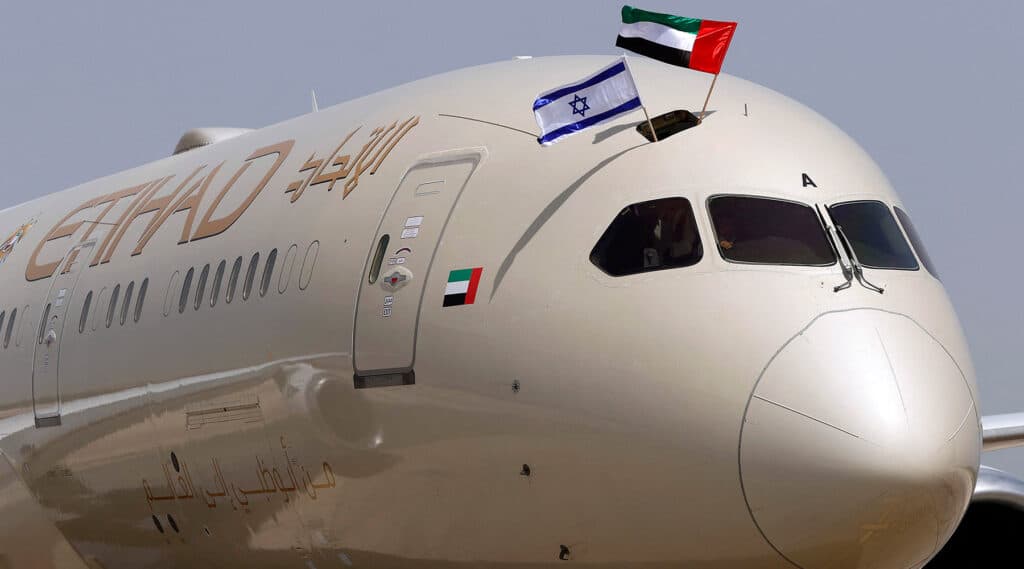
9. Is the UAE Bringing the Israelis Into Socotra?
By Giorgio Cafiero
"The Israelis could see their potential establishment of a foothold in Socotra via the Emiratis and the Southern Transitional Council as an 'unmissable opportunity' for keeping tabs on Iran's activities throughout the Arabian Sea and wider Indian Ocean."
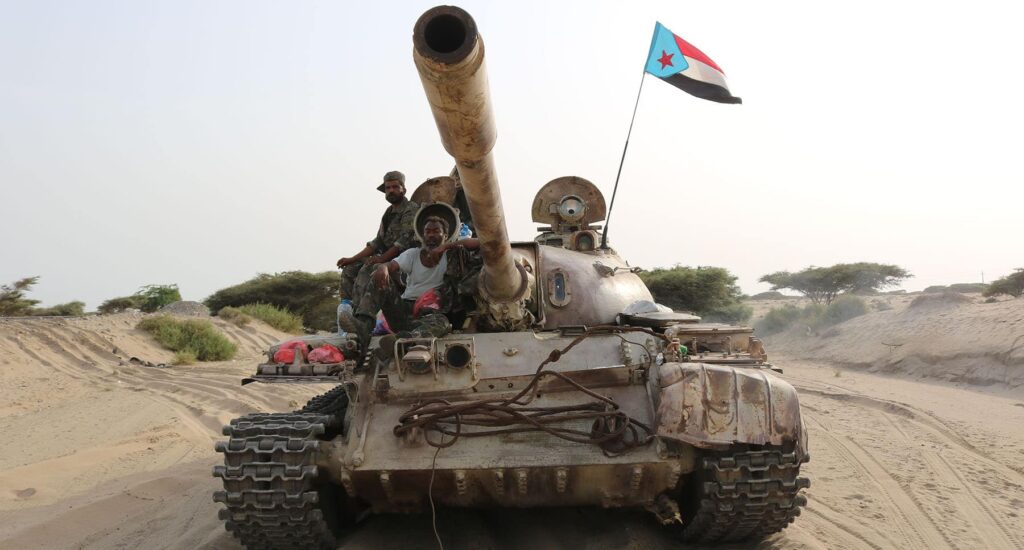
10. From Diatribes to Dialogue: Why Iran and Saudi Arabia Are Talking
By Joost Hiltermann
"The greatest risk of outright confrontation comes from the lack of adequate communication between both sides of the Gulf."
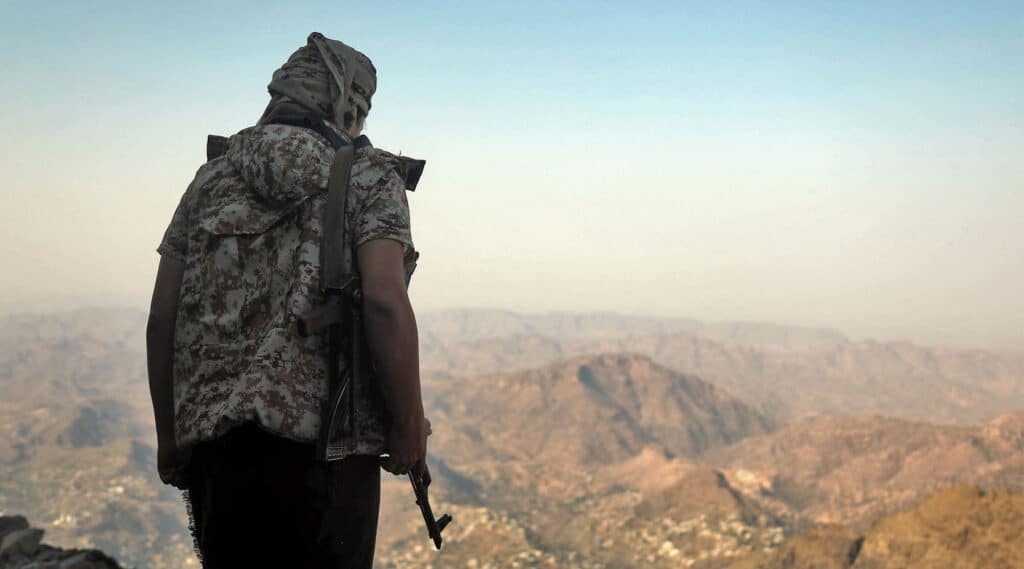
11. Libya's Fatally Flawed Elections Are a Catch-22
By Tarek Megerisi
"Libya is in a Catch-22, whereby any election would be so flimsily regulated, so hotly contested and so thoroughly delegitimized that it would likely end in war. But simply canceling the elections could recreate the very conditions that led to Libya's collapse."
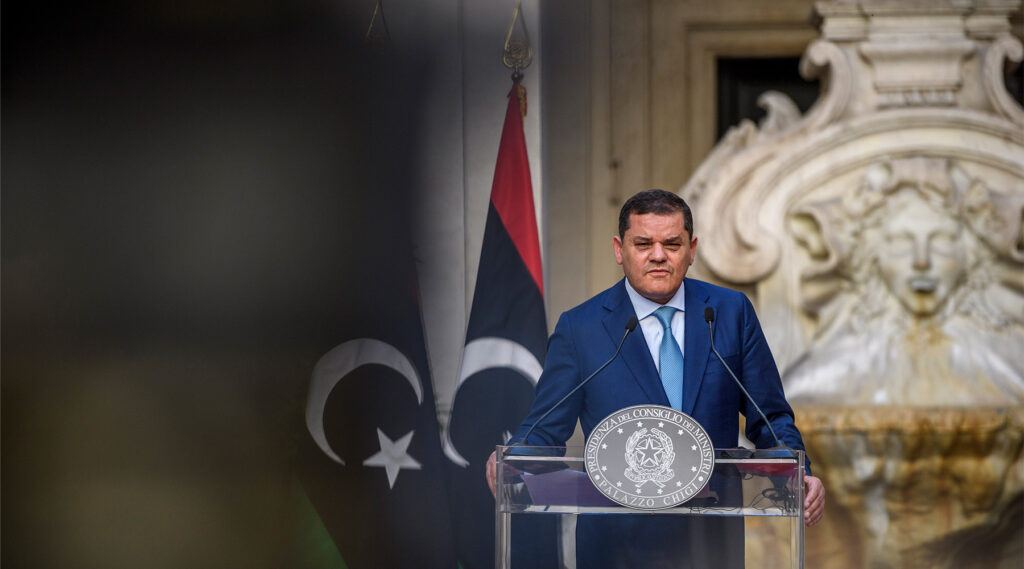
12. 'Syria Is Like a Planet in My Head': Novelist Samar Yazbek on Writing in Exile
Interview by Frederick Deknatel
"For four years I couldn't write a novel. I was exiled both from my land and from my true self—from my identity as a novelist. That's why, when I started writing this novel, it was like getting back to my true land."





























